All current games that are developed today are using 30 year old technology and refuse to move on.
Games that use 3D rendered models and environments are still using polygons to create 3D images, This has been around since its conception in the mid 80's in arcade games like Winning Run and Hard Driving. So why hasn't the gaming industry moved on from the ageing technology? This is the question that sparked a hunting frenzy on the web to find out.
I have previously touched on this subject before when I did a post about Euclideon's Holoverse, the world first Holodeck. You can read that post HERE
So lets get into it a little further...
What is a Polygon?
To put it simply, a Polygon is a face of a shape. If you have a 3D model of a cube which has 6 faces, each face is classed as a polygon plane. A 3D model of a three sided pyramid has 4 faces or, 4 polygon planes.
Polygons can be any 2 dimensional shapes, and it is these that are used to make up a 3D model.
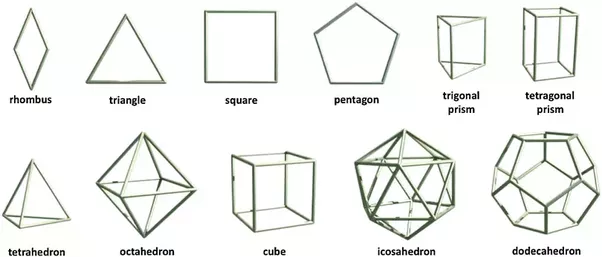
If you look at some of the fist games to utilize 3D modelling, such as Star Fox from 1993, you can see that it is a series of simple shapes like cubes, pyramids and such that are all made up of Polygons.
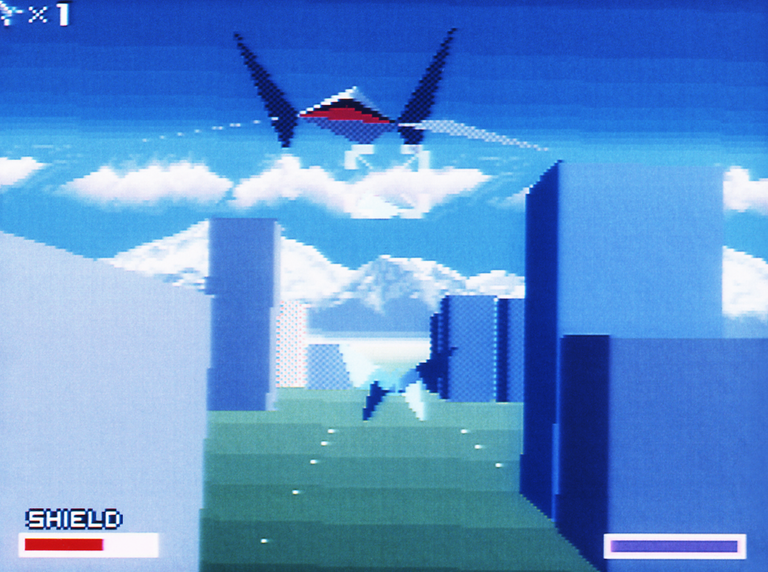
Image Source
Games that first started to use this technology back in the 80's would run about 100 polygons on screen at any given time, today that number is closer to 100 Billion polygons on screen, some even higher. And that is where the problem lies...
3D models in games are now becoming indistinguishable from the real thing. The technology to create these models has improved, but the way they are assembled into a model has remained the same for 30 years. The life like models you now see in games are made up of millions upon millions of polygons that are now so small, even if you have a 4K monitor, the polygons are now becoming smaller than the pixel you physically see. When most games are made, they are usually rendered at double or quadruple the resolution of your 4K monitor, so when the next 8K monitor comes out, they can re-release the game at a higher resolution, but still, they polygons are smaller than a pixel, why not use a coloured dot?
Power consumption is another factor in the problem with polygons. If you want to run super high end graphical detail, you have to use top of the line hardware that uses an obscene amount of power.
Let me explain. A single polygon rendered by a graphic card will use up a very small amount of that graphical power, 2 polygons, would use up double that amount of power, if you were to render a cube, you will be using 6 times the amount of power. So to render a 3D model that has over a million polygons, you will be using a million times more power.
Not to say this is a bad thing, games that use this amount of power or more, is the driving force for the companies that make the hardware to create something that can do the job better, but today, it is all starting to be pointless as we approach games that are life like in there design with polygons smaller than a pixel. Not when there is a better alternative.
The Gaming industry as a whole is very greedy, in particular, the Hardware companies such as Nvidia, AMD and Intel. They have created a stigma in the industry that wont allow other new technology to evolve by denying the software and sometimes hardware capabilities needed for that technology to work. They specifically design there hardware/software to work with polygon based games. Many people have tried and failed to create a new technology for games to use but there is one that has stood up and created something truly unique that would destroy the hardware companies profit margins. I am of course talking about Euclideon.

This is a 3D rendered image using Point Cloud Data
Image Source
Euclideon use something called ''Point Cloud Data'' (PCD) in place of polygons. Basically it is an organised cloud of coloured points/atoms to create 3D models.
Just like with polygons, if you render one PCD it will use a small amount of graphical power, if you render 2 it will use the same amount of power, if you render 1'000'000 PCD's you will use the same amount of power as if you only had 1. because of this technology doing away with polygons and the need for huge amounts of Graphical power, they created Euclideon's Unlimited Detail Technology, or UD for short, and it does exactly what it says, you can recreate an entire city or country, complete with cars, rooms, chairs, lamps and even dirt that you can interact with, without the need for high end hardware. The possibilities of this technology are near limitless, yet no one from the gaming industry is utilizing it, well almost no one.
Apart from Euclideon who have utilized PCD in there Holoverse and Holotable, which is amazing by the way, when searching for other developers that use PCD, I only found Luminous, a Small game developer that created a demo video of PCD usage. This is proof outside of Euclideon that hardware and pre-existing software like Unreal Engin, is capable of utilising PCD.
Credit to Luminous
I tried emailing various Game Developers over the past week asking the simple question of why PCD isn't used in current game development, to which only AMD replied...
''Thanks Stuart for contacting Customer Relations Team.
For the answer to your first question, Point Cloud Data is a very new concept for hardware development. Currently we are not perusing or researching such technologies at this time.
Secondly, There is not any demand for hardware that would be suitable enough to use Point Cloud Data to it's potential.
In regards to your second question about game developers not using Point Cloud Technology, I'm afraid we are not qualified enough to answer that question as we are not game developers, we simply provide the hardware that development teams require.
I hope this answers your query. If you have any further questions, please do not hesitate to contact me again.
Amanda – AMD Europe Customer Relations.''
What I took away from that reply was that AMD are clueless, the Concept of PCD has been around since 2008 and videos and Demos have been floating about the net since 2010, there is a whole company who make Holodecks, Holotables and the technology to map an entire city using PCD as the bases of the 3D modelling.
In 2017, a full decade after PCD was conceived, very small development teams and individuals have been experimenting with PCD technology, Unreal Engine which is used for game development has adapted to enable its users to use PCD.
Game developers are only just starting to realize that they are now pushing the limit of what polygon technology can do and the hardware that is developed for it. Maybe after a few more years of experimenting with PCD may they actually start using it.
I believe the main problem is us, the gamers, the end users. With polygon technology, it was new and a gradual progression as games and hardware got better. Today we are spoiled with near life like graphics and 3D models that we see in most modern games, if the technology was to switch to PCD over night, we would expect to see the same amount of detail if not better. Just like when polygon was first introduced, it had to progress. PCD has been about for a while and has proven it can have Unlimited detail, but the software required to animate it is still fairly new, and that is the key. If developers were to use it, that software could develop very quickly, but alas, they are not using it, and its progression is very slow.
Thanks for reading.

TechMojo Discord Channel
TechMojo OnG Social Page
Stu @TechMojo

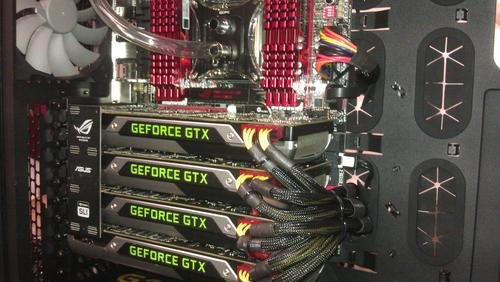
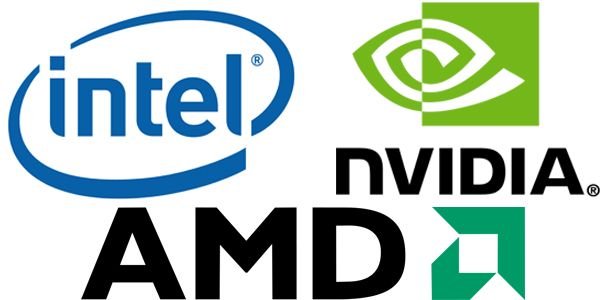
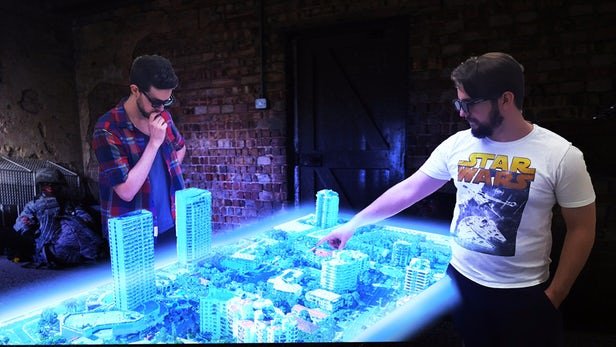
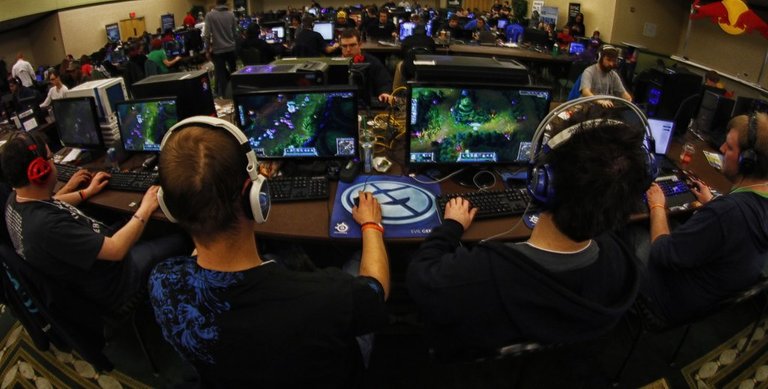
I disagree, polygons are more useful for rendering game environments
yeah, polygons are good for environmental rendering, so why aren't PCD's? Euclideon have already proven that they can render an entire city using PCD's using no more power than a mid level GPU.
Pretty cool article, nice stuff!
I am rather embarrassed to say that this is the first time that I've heard about Point Cloud Data, but your article was more than enough reason for me to read up on it a bit more.
As this is a new piece of tech I am rather curious as to what the Hardware vendors (AMD/Intel/Nvidia) would need to do in order to support it.
The reason for this question is because I'm (personally) very interested in PC Hardware, especially the CPU and the GPU. The graphics cards are already insanely complex beasts that have a huge amount of money thrown into the constant research and development of each new GPU. If moving from polygon based rendering to PCD would require an almost ground-up development then; as awesome as it may be, unless everyone in the gaming industry (hardware manufactures, game developers and game engine developers) were to commit to it as a new standard, it is really hard to see it being adapted anytime soon.
Simply put, the risks would be too high, if it were to backfire and fail, whoever the early backers were would take a serious hit.
That is not to say I'm against such an idea, we need innovation in the gaming industry and even being informed of PCD is something good. I'm going to enjoy reading up on the ideas behind it and how it's been developed in the recent years!
i would suggest reading up on Euclideon, they have been pioneering PCD for a decade now and use it exlusivly for there holoverse and holotable. as far as i am aware, euclideon use existing hardware but have written there own software specific to that hardware. give em an email, they are very friendly to deal with.
Great article. Someday it may catch on
cheers buddy
@originalworks